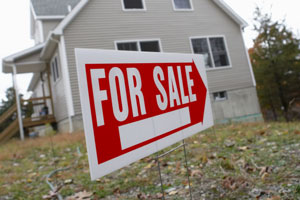What Were Some of the Lasting Effects Caused by the Recent Housing Crisis?

Each issue of The Regional Economist, published by the Federal Reserve Bank of St. Louis, features the section “Ask an Economist,” in which one of the Bank’s economists answers a question. The answer below was provided by Research Officer and Economist Carlos Garriga.
What were some of the lasting effects caused by the recent housing crisis?
There are changes in regard to how people view the purchase of a home. In the past, people had this idea that you should try to buy a house as soon as possible. People had this idea that the price of a house could only go up. Today, people don't want to rush such an important decision, perhaps because of the fear of a decline in prices. Young households, in particular, are more reluctant to get into housing. In general, homeownership might not be a value for young people in the long run; if so, its reputation as a safe investment may be dramatically changing. Indeed, the rate of homeownership in the U.S. has fallen to a level not seen since the 1990s.
Another important effect is that the contribution of the construction sector to the rest of the economy is being reduced. This is more likely a short-term or medium-term effect. Construction is not employing as many people as in the past 10 years, and that has a broader impact on the economy than many people realize. People in the construction sector buy a lot of resources from other sectors. When construction is down, other sectors suffer, and the effects can be quite sizable and enduring.
Additional Resources
- Regional Economist: Ask an Economist
- On the Economy: The Great Housing Boom of China
- On the Economy: Why Are More Young Adults Still Living at Home?
Citation
ldquoWhat Were Some of the Lasting Effects Caused by the Recent Housing Crisis?,rdquo St. Louis Fed On the Economy, Nov. 24, 2015.
This blog offers commentary, analysis and data from our economists and experts. Views expressed are not necessarily those of the St. Louis Fed or Federal Reserve System.
Email Us
All other blog-related questions

